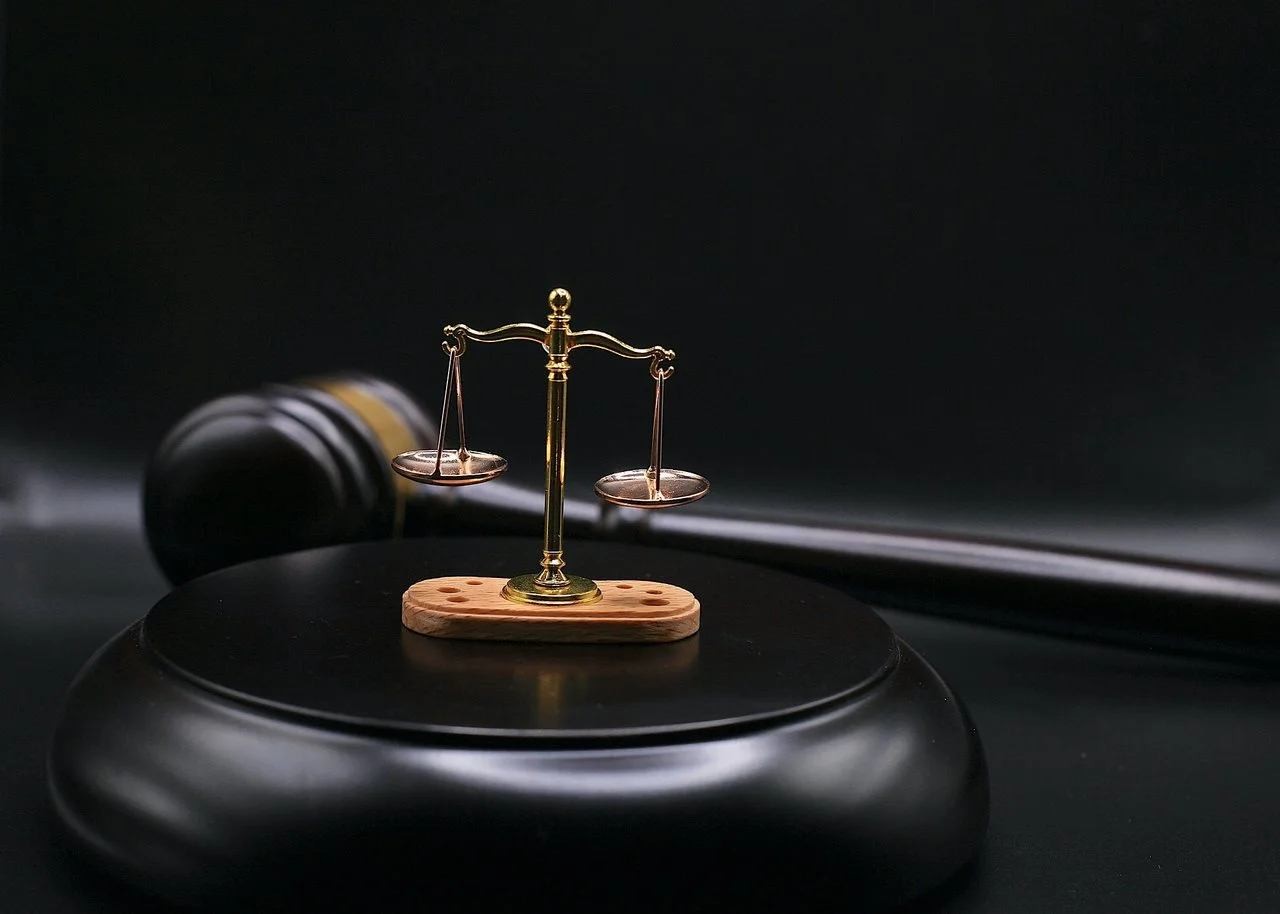Estate Planning for Art and Collectibles: Special Considerations in Pennsylvania

Estate planning for art and collectibles involves unique challenges and opportunities. High-value items, such as fine art, antiques, and rare collectibles, require specialized strategies to ensure proper management and distribution. Here’s a guide to addressing these special considerations in Pennsylvania estate planning.
Accurate Valuation of Art and Collectibles
Proper valuation is critical when incorporating art and collectibles into your estate plan. Engage professional appraisers to assess the current market value of each piece. Accurate valuations are essential for determining tax liabilities, fair distribution among heirs, and insurance coverage.
Documentation and Record Keeping
Maintain detailed records of your art and collectibles, including purchase receipts, provenance, appraisals, and photographs. Thorough documentation helps establish ownership, provides a basis for valuation, and assists in settling potential disputes among heirs.
Consideration of Tax Implications
Art and collectibles can significantly impact your estate’s tax liabilities. In Pennsylvania, these items may be subject to federal estate taxes, capital gains taxes, and state inheritance taxes. Implementing strategies, such as gifting during your lifetime, using trusts, or charitable donations, can help minimize these tax burdens.
Strategic Use of Trusts
Trusts are effective tools for managing and distributing art and collectibles. A revocable living trust can hold these assets, ensuring they are managed according to your wishes and distributed without going through probate. A charitable remainder trust can provide income to heirs while eventually donating the items to a charity, offering tax benefits.
Insurance and Preservation
Adequate insurance coverage is essential to protect the value of your art and collectibles. Work with insurance providers specializing in high-value items to ensure comprehensive coverage against theft, damage, and loss. Additionally, consider the preservation needs of your collection, such as climate control and security measures, to maintain their condition and value.
Clear Instructions for Distribution
Clearly outline your wishes for the distribution of your art and collectibles in your estate plan. Specify whether items should be sold, donated, or passed down to specific heirs. Including detailed instructions helps avoid potential conflicts and ensures your collection is handled according to your intentions.
Charitable Donations
Donating art and collectibles to museums, galleries, or other charitable organizations can provide significant tax benefits and ensure the public enjoys your collection. If you choose this route, work with the chosen institution to understand their acceptance policies and any conditions for the donation.
Professional Guidance
Given the complexities involved in estate planning for art and collectibles, seeking professional guidance is crucial. An experienced estate attorney can help navigate legal requirements, tax implications, and distribution strategies, ensuring your estate plan aligns with your goals.
Conclusion
Estate planning for art and collectibles in Pennsylvania requires careful consideration of valuation, documentation, tax implications, trust strategies, insurance, distribution instructions, and potential charitable donations. By addressing these special considerations and working with a knowledgeable estate planning attorney, you can protect your valuable collection, minimize tax liabilities, and ensure your wishes are honored. Taking these steps now will provide peace of mind and preserve your legacy for future generations.